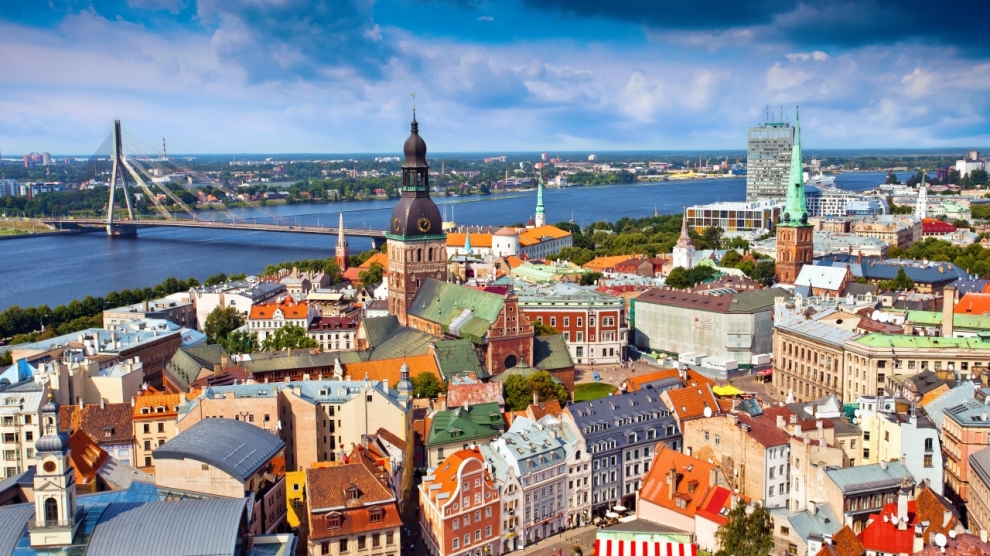A new report by the Organisation for Economic Co-operation and Development (OECD) claims that while the Latvian economy is thriving, with strong job growth driving convergence with more advanced economies, the country’s efforts should now focus on reducing inequality, responding to the challenges posed by population ageing and making growth stronger, inclusive and greener.
According to the latest OECD Economic Survey of Latvia, growth in the country has been driven by domestic demand. The OECD projects robust growth of 2.7 per cent in 2019 and 2020, even as world trade weakens and investment slows.
“Thanks to sound macroeconomic policies and strong reform efforts, Latvia has achieved impressive economic growth over recent years,” said OECD Secretary-General Angel Gurría.
“Unemployment is falling, living standards and well-being are improving, and Latvia has decoupled economic growth from greenhouse gas emissions, through trail-breaking use of renewable energy. To build on this performance, it is critical that Latvia continues economic reforms that make growth more robust, inclusive and environmentally friendly,” Mr Gurría added.
According to the survey, Latvia needs stronger productivity growth in order to improve living standards and make the country more attractive to foreign investors and domestic workers alike.
“Ongoing efforts to strengthen the capacity of the judiciary and law enforcement agencies are crucial to fight economic crimes and the large informal economy, which is holding back better access to credit, training and social protection,” the OECD said.
The findings of the survey also show that Latvia needs to reduce regional inequalities and ensure universal access to healthcare and affordability of housing.
“Planned territorial reforms that merge, or better coordinate small municipalities will ensure better provision of public services, including public transport, waste management and water, according to the Survey,” states the report.
“Latvia has made progress in reducing high levels of air pollution and has improved access to and quality of water, yet more needs to be done to reduce air pollution, which still affects nearly 90 per cent of the population, to improve recycling and energy efficiency in houses, and to move towards a low-carbon economy, in line with the 2015 Paris Agreement,” adds the OECD.


Add Comment